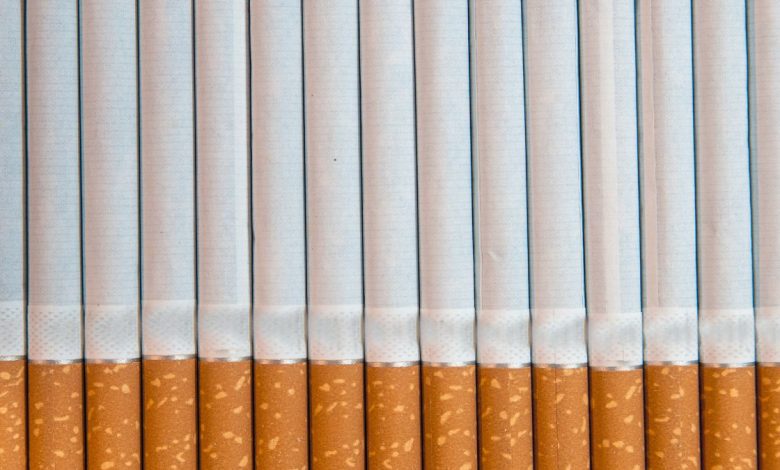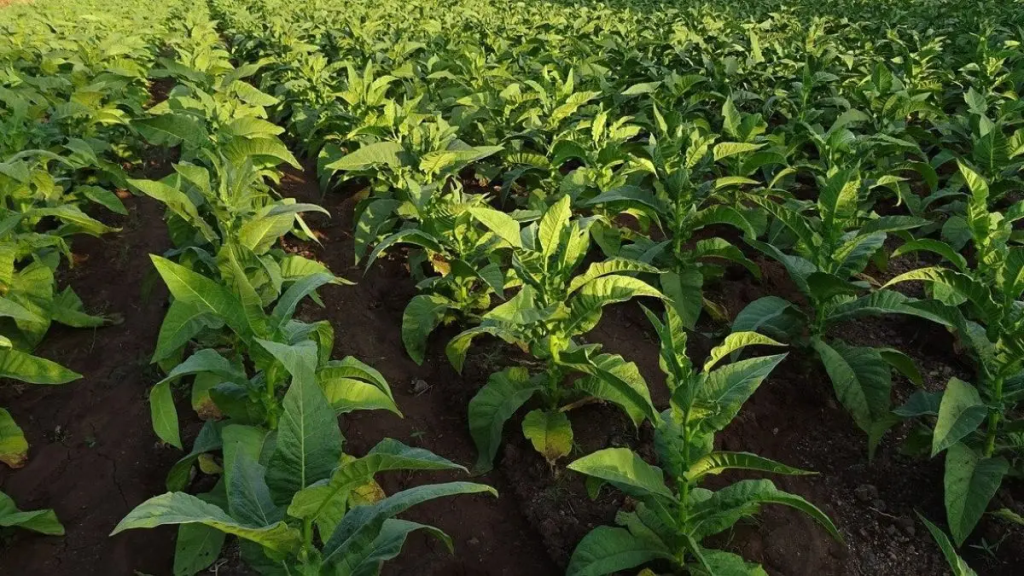From 125 to 10: How Illicit Cigarettes Crushed SA’s Tobacco Farms

South Africa’s tobacco farming sector has been dealt a devastating blow by the rise of the illicit cigarette trade. In 2019, there were 125 emerging tobacco farmers. Today, only 10 remain – a staggering 92% decline that reflects the destructive force of the illegal cigarette market.

Illicit cigarette trade takes 70% of the market
The illicit cigarette trade in South Africa has grown to control almost 70% of the total market. These untaxed products are widely available on street corners and in informal shops, often sold for less than the Minimum Collectable Tax (MCT) of R26.22 per pack. This price manipulation undercuts legal producers and drains billions from the state fiscus.
You can learn how to spot fake packs by reading our guide: The R26.22 Rule: How to Tell if Your Cigarettes Are Legal or Not.
R28 billion lost annually to illicit tobacco
The South Africa Tobacco Transformation Alliance (SATTA) estimates that illicit cigarettes steal R28 billion every year from government coffers. Between 2002 and 2022, the total losses in excise and VAT revenue reached a shocking R119 billion. This money could have funded schools, clinics, and infrastructure, but instead it fuels criminal networks.
Jobs wiped out across the value chain
In 2019, the tobacco industry supported 160,924 jobs, according to Oxford Economics. By 2022, the number had dropped to 124,933 – a loss of 35,991 jobs or 22.4% of the workforce. Farmers, processors, and factory workers in provinces like Limpopo and Mpumalanga have all felt the impact.
“Thousands of workers have lost their jobs – and billions of rand have been lost in unpaid taxes,”
says SATTA spokesperson Zachariah Motsumi.
Zimbabwe and local producers feed the problem
Illicit supply comes from both local factories and across the border. Ipsos research shows that 80% of illicit cigarettes are produced by local manufacturers registered with SARS, while 20% are smuggled, mainly from Zimbabwe. The persistence of this trade highlights gaps in enforcement.
Impact on South Africa’s economy
Illicit trade undermines economic stability, weakens governance, and even contributed to South Africa’s greylisting by the Financial Action Task Force (FATF) in 2023. As SATTA notes, the illegal economy is a direct threat to South Africa’s international standing.
Government’s response and funding boost
Finance Minister Enoch Godongwana announced R7.5 billion to modernise SARS and strengthen enforcement against illicit trade, including cigarettes, gold smuggling, and customs fraud. While this is a positive step, SATTA warns that enforcement must be decisive and coordinated.
For a deeper look at solutions, see The Policy Fix: What South Africa Must Do to Curb Illicit Cigarettes.
SATTA’s urgent call for action
SATTA continues to position itself as the leading voice against illicit trade in tobacco. The alliance calls for:
- More resources for SARS to tackle factory-level evasion.
- More arrests and prosecutions of offenders by the Hawks and NPA.
- Creation of a National Anti-Illicit Trade Coordinator to unify efforts.
- A Minimum Retail Price (MRP) of R37 per pack to close pricing loopholes.
“It is only decisive and integrated action that will break the back of the R100 billion illicit economy. And it has to happen now,”
says Motsumi.
Farming communities left vulnerable
For farming families in Limpopo and Mpumalanga, the collapse of tobacco contracts means more than lost income. Communities once reliant on this crop now face rising unemployment, migration pressures, and shrinking local economies.
Why consumers matter too
Many South Africans buy illicit cigarettes because they are cheap. But these purchases directly harm jobs, communities, and the economy. Every pack of illicit cigarettes sold is another blow to farmers, workers, and taxpayers who play by the rules.
A coordinated way forward
Experts agree that excise taxes are not the cause of illicit trade. Instead, the problem stems from weak enforcement and organised criminal networks. With decisive action, South Africa could reduce the illicit trade from 70% to 20% by 2030, as recommended by policy experts.
The fight is everyone’s fight
From 125 to 10 farmers, the story of South Africa’s tobacco sector is a stark warning. Unless government, business, and citizens act together, the illicit cigarette trade will continue to rob jobs, revenue, and opportunities.
SATTA urges South Africans to support the legal industry and report illicit sales. Fighting illicit trade is not just about protecting farmers – it is about defending the country’s future.
Report illicit cigarettes via the SATTA portal.
Discover the potential of enforcement tech in Track-and-Trace: The Technology That Could Stop South Africa’s Cigarette Smuggling.



